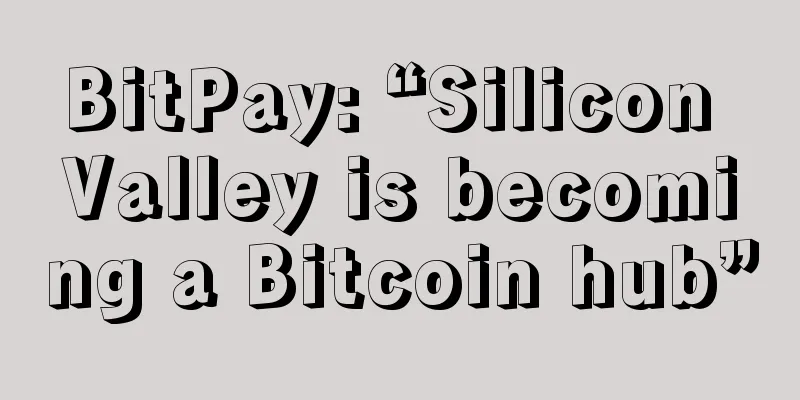The irony of Bitcoin’s fading magic

|
Bitcoin — a decentralized, (mostly) digital currency that is neither issued nor backed by central banks — has always seemed like some kind of magic trick. Rather than turning straw into gold, Bitcoin converts excess computing power into money that people will accept as payment. Radical libertarians have been eager to trust Bitcoin because they hope the currency will solve the following dilemma. They prefer markets to politics and have a strong distrust of the state. But the modern state has a virtual monopoly on the money that markets need to work. If widely accepted, Bitcoin will challenge the dominance of the state over the economy. Bitcoin is designed to prevent the state or other entity from monopolizing, instead creating a new currency based on shared information that is difficult for any one entity to gain control of. Politics disappears, replaced by a combination of imagined technology and cryptographic verification. Alas, the magic is wearing off. Some of the technical innovations associated with Bitcoin will survive. Its political vision will not. Rather than overcoming conventional politics, Bitcoin is succumbing to it. The biggest disputes center on bitcoin’s most innovative element: the blockchain, a decentralized ledger that records bitcoin transactions. Bitcoin “miners” compete to crack computationally difficult problems. The winners receive new bitcoins while also verifying a “block” of pending transactions, which are then added to the ledger and shared with the community. The system was designed to replace third-party regulators with decentralized authorities. It was starting to break down for technical reasons. The small size of each block meant the system could only process a few transactions at a time. As more people began using Bitcoin, the system became less reliable. The problem is that a solution requires political agreement. There is no central authority within Bitcoin, so no one can impose a mandate. Bitcoin's inventor, who goes by the pseudonym Satoshi Nakamoto, appears to have disappeared years ago, leaving behind an increasingly contentious community to debate major decisions. Some influential members of the Bitcoin network want to change the Bitcoin protocol to make blocks larger so that more Bitcoins can be released each time and transactions can be processed faster. Others responded with anger, saying that doing so would destroy Bitcoin. Fundamentally changing the Bitcoin protocol would "fork the chain," potentially creating two different currencies that cannot be reconciled: one wanted by those who accept the change, and another wanted by those who oppose the change. Others want to move key parts of transaction processing off the blockchain and rely more on “side chains,” an idea that has also sparked controversy: Side chains could turn bitcoin’s unified approach into a jumble of quasi-compatible proprietary solutions. The main proposal to form a chain fork requires 75% of the Bitcoin network to agree before it can be fully implemented. However, no one has the power to prevent people from influencing opinions in an unfair way. Companies such as Coinbase, which operates a Bitcoin "wallet" and exchange business, that support the change in the protocol have been hit by distributed denial of service attacks aimed at kicking their servers off the Internet. After being threatened, people on both sides have left the Bitcoin network. This confusion illustrates the main problem with tech libertarianism. It doesn’t escape politics; it just temporarily displaces and hides them. As Bitcoin becomes more successful, it becomes potentially more profitable. Ideology gives way to disputes over who gets what. It turns out that libertarians are not very good at figuring out how to resolve such political conflicts. As these disputes become more public, they will damage Bitcoin beyond its core enthusiasts. Bitcoin advocates are absolutely right about one thing. Money is a kind of confidence trick, a "frozen desire," as the writer James Buchan describes it. We believe in it only because everyone else does. So if Bitcoin's believers believe in it enough and can convince others to do the same, they have a chance to make it accepted. That’s much harder today. Bitcoin’s seeming value depends on people suspending their disbelief. It’s hard to see the illusion working when magicians are grappling with each other on stage. |
<<: Chinese hackers and Bitcoin ransomware
Recommend
What is the secret of wealth and prosperity?
Everyone desires wealth and honor, and some peopl...
Mingfengyan facial features
Mingfeng Eyes are noble Characteristics of Mingfe...
Who can afford great wealth?
Some people say that successful people always hav...
Deloitte's first blockchain investment plan: payment and settlement are the focus
Professional services firm Deloitte has invested ...
Do you have money leak lines on your hands?
Everyone is very concerned about their own fortun...
What are the problems with moles around the eyes?
What are the problems with moles around the eyes?...
What does a mole on a woman's upper left lip mean?
Generally speaking, lips are also very important ...
Blockcypher: Zero confirmation for Bitcoin transactions is still feasible
Blockcypher is a company that provides Bitcoin wa...
Personality from face shape and how people with different face shapes interact with each other
Judging personality from face shape, the way of g...
Is it good for a woman to have a mole in the philtrum? She’ll have good fortune but may have extramarital affairs!
What does a mole in a woman’s philtrum mean? From...
Where is the best place to have a beauty mole?
The concept of beauty mole has been passed down f...
Where is the Mount of the Moon in Palmistry? What does the Moon Hill represent?
Where is the Mount of the Moon in Palmistry? What...
The most vengeful look of a woman
The most vengeful look of a woman No. 7: Reverse ...
Analysis of eleven moles on a woman's forehead
As one of the traditional physiognomy techniques, ...
The complete analysis of the meaning of ears in physiognomy
As one of the traditional physiognomy techniques, ...









